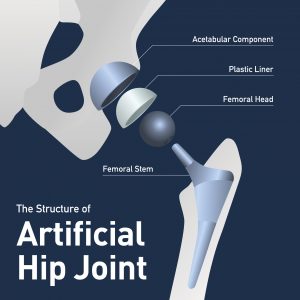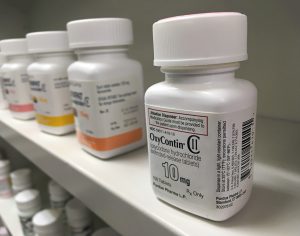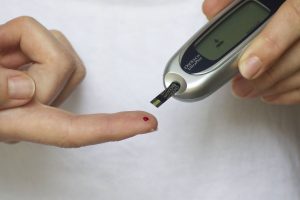
Hair loss, or alopecia, is a common condition for many people, especially when they age. The exact reason for the hair loss can vary, but one particularly unpleasant cause is chemotherapy. However, not all patients will be affected the same way during chemotherapy, even when taking the same chemotherapy drug to fight the same type of cancer.
For example, some patients may only experience a slight change in hair color, while others will have thinning hair. Others may have hair loss, although the amount and areas of hair loss can differ among patients. For some unlucky patients, the hair loss is permanent. One such chemotherapy drug that causes permanent hair loss is Taxotere.
What Is Taxotere?
 North Carolina Product Liability Lawyer Blog
North Carolina Product Liability Lawyer Blog














